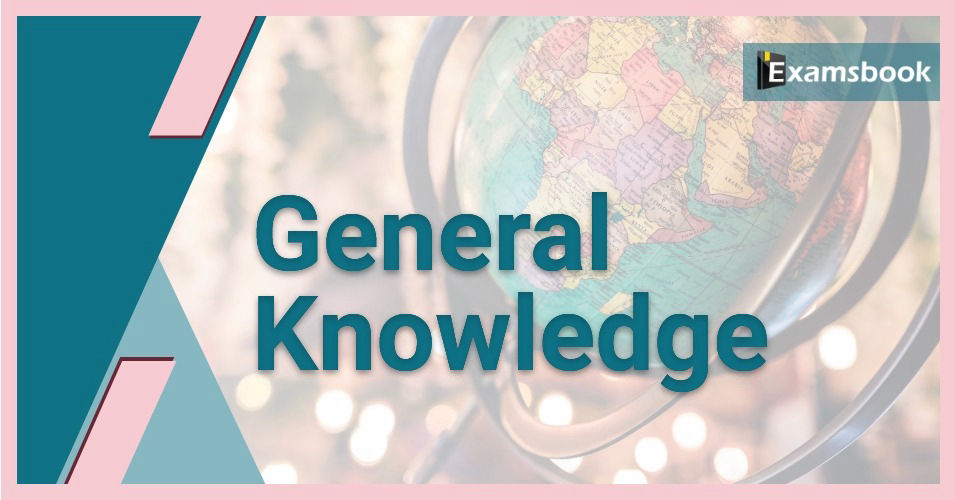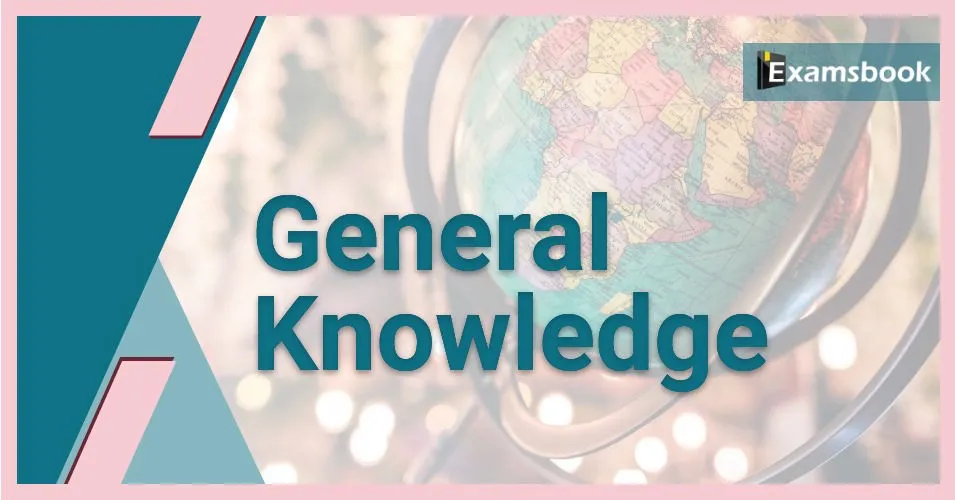


Which of the following denotes awarding a lesser sentence in place of one originally awarded due to some special grounds?
(A) Respite
(B) Commute
(C) Remission
(D) Pardon
In which session of Congress the demand of “Poorna Swaraj” was accepted as the aim of the Congress?
(A) Calcutta
(B) Madras
(C) Nagpur
(D) Lahore
The demand for "Poorna Swaraj" (Complete Independence) as the aim of the Indian National Congress was officially accepted during the Lahore Session of the Congress in 1929. The Lahore Session, also known as the Lahore Congress, is particularly famous for the resolution of Poorna Swaraj, which laid the foundation for the independence movement in India. The resolution was passed on December 31, 1929.
When Mahatma Gandhi was arrested who among the following took over the leadership of Salt Satyagraha?
(A) Vinoba Bhave
(B) Sardar Vallabh Bhai Patel
(C) Abbas Tyabji
(D) Maulana Abdul Kalam Azad
Mahatma Gandhi appointed Tyabji, at age seventy-six, to replace him as leader of the Salt Satyagraha in May 1930 after Gandhi's arrest.
Which of the following writs means “By what authority”?
(A) Mandamus
(B) Certiorari
(C) Quo warranto
(D) Habeas Corpus
How many members of the State Legislative Council are elected by the Assembly?
(A) 1/6th of the members
(B) 1/3rd of the members
(C) 1/12th of the members
(D) 5/6th of the members
The number of members of the State Legislative Council who are to be elected by the Legislative Assembly is determined by the following formula:
1/3 of the total members of the Legislative Council.
The Bills that cannot be returned by the President to the Parliament for reconsideration are:
(A) Government's Bill and Money Bill
(B) Private members ' Bill and Government ' s Bill
(C) Money Bill and Constitutional Amendment Bill
(D) Ordinary Bill and Money Bill
The Bills that cannot be returned by the President to the Parliament for reconsideration are Money Bills.
So, the correct answer is:
(C) Money Bill and Constitutional Amendment Bill.
The Lok Sabha consists of:
(A) 550 members, out of which 530 are from states, 18 from Union Territories and 2 nominated from Anglo-Indian community .
(B) 552 members, out of which 530 are from states, 20 from Union Territories and 2 nominated from Anglo - Indian community .
(C) 250 members , out of which 238 are elected members and 12 nominated by President.
(D) 255 members, out of which 240 are elected members and 15 nominated by President.
Under which article of the Constitution, the governor of the state also possesses the pardoning power
(A) 141
(B) 161
(C) 171
(D) 151
Article 161 mentions the Pardoning Power of the Governor. It states that the Governor of a State shall have the power to grant pardons, reprieves, respites or remissions of punishment or to suspend, remit or commute the sentence of any person convicted of any offence against any law relating to a matter to which the executive power of the State extends. When a convict has committed an offence against state law, the concerned punishment can be granted the pardon, reprieve, respite and remission by the Governor of the state.
Panchayats came into existence by ..…………….and it is not mandatory to have an intermediate level in states with population ..…………….
(A) 73rd Constitutional Amendment Act, less than 15 lakhs
(B) 74rd Constitutional Amendment Act, less than 15 lakhs
(C) 74rd Constitutional Amendment Act, less than 20 lakhs
(D) 73rd Constitutional Amendment Act , less than 20 lakh
Who among the following are not appointed by the President of India?
(A) Governors of States
(B) Chief Justice and Judges of High Court
(C) Vice - President
(D) Chief Justice and Judges of Supreme Court
The Vice-President of India is not appointed by the President of India. The Vice-President is elected by an electoral college consisting of the members of both Houses of Parliament.
So, the correct answer is:
(C) Vice-President
Get the Examsbook Prep App Today